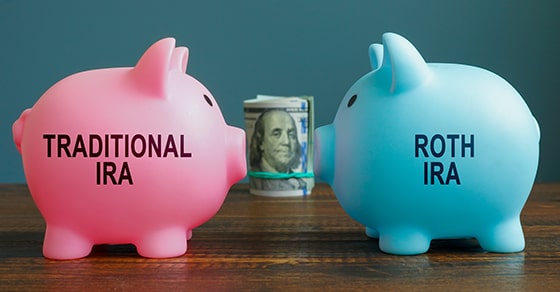
Some people who begin claiming Social Security benefits are surprised to find out they’re taxed by the federal government on the amounts they receive. If you’re wondering whether you’ll be taxed on your Social Security benefits, the answer is: It depends. Here’s what to know and how to gauge benefits tax.
The taxation of Social Security benefits depends on your other income. If your income is high enough, then between 50 percent and 85 percent of your benefits could be taxed. (This doesn’t mean you pay 85 percent of your benefits back to the federal government in taxes. It merely means that you’d include 85 percent of them in your income subject to your regular tax rates.)
Formulas and Fine Print
To determine how much of your benefits are taxed, first calculate your other income, including certain items otherwise excluded for tax purposes (for example, tax-exempt interest). Add to that the income of your spouse if you file a joint tax return. To this, add half of the Social Security benefits you and your spouse received during the year. The figure you come up with is your total income plus half of your benefits. Now apply the following rules:
- If your income plus half your benefits isn’t above $32,000 ($25,000 for single taxpayers), none of your benefits are taxed.
- If your income plus half your benefits exceeds $32,000 but isn’t more than $44,000, you will be taxed on one half of the excess over $32,000, or one half of the benefits, whichever is lower.
Here is an example to illustrate:
Let’s say you and your spouse have $20,000 in taxable dividends, $2,400 of tax-exempt interest, and combined Social Security benefits of $21,000. So, your income plus half your benefits is $32,900 ($20,000 + $2,400 + half of $21,000). You must include $450 of the benefits in gross income (½ [$32,900 − $32,000]).
(If your combined Social Security benefits were $5,000, and your income plus half your benefits were $40,000, you would include $2,500 of the benefits in income: ½ [$40,000 − $32,000] equals $4,000, but half the $5,000 of benefits [$2,500] is lower, and the lower figure is used.)
Note: If you aren’t paying tax on your Social Security benefits now because your income is below the floor, or you’re paying tax on only 50 percent of those benefits, an unplanned increase in your income can have a triple tax cost. You’ll have to pay tax on the additional income. You’ll have to pay tax on (or on more of) your Social Security benefits (since the higher your income the more of your Social Security benefits are taxed). And you may get pushed into a higher marginal tax bracket.
For example, this situation might arise if you receive a large distribution from an IRA during the year or if you have large capital gains. Careful planning might avoid this negative tax result. You might be able to spread the additional income over more than one year, or liquidate assets other than an IRA account, such as stock showing only a small gain or stock with gain that can be offset by a capital loss on other shares.
Stay Ahead of the Game
If you know your Social Security benefits will be taxed, you can voluntarily arrange to have the tax withheld from the payments by filing a Form W-4V. Otherwise, you may have to make quarterly estimated tax payments. Keep in mind that most states do not tax Social Security benefits, but 12 states do tax them. Contact the experienced professionals at Ramsay & Associates for assistance on how to gauge benefits tax or for more information on social security benefits.






